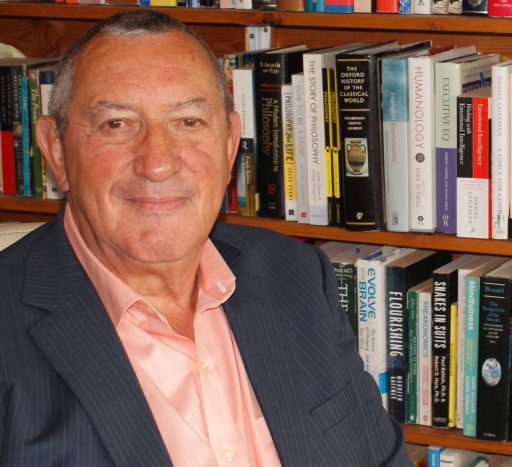How does therapy help?
 Depending on your present situation and your reasons for seeking help, there are many benefits to therapy. It offers you increased coping skills and open your eyes to new ways of dealing with situations that you may not have been aware of before. Particularly in relation to findings from neuroscience. I offer effective, proven problem-solving skills, provide support, and help you work through life changes, allowing you to see your circumstances as a personal growth opportunity instead of a burden or obstacle.
Depending on your present situation and your reasons for seeking help, there are many benefits to therapy. It offers you increased coping skills and open your eyes to new ways of dealing with situations that you may not have been aware of before. Particularly in relation to findings from neuroscience. I offer effective, proven problem-solving skills, provide support, and help you work through life changes, allowing you to see your circumstances as a personal growth opportunity instead of a burden or obstacle.
Some specific skills I can help you with:
- Emotional management, including, but not limited to anger, jealousy, grief, and depression.
- Coping mechanisms allow you to work through situations which typically cause you anxiety, fear, or avoidance.
- Stress-management techniques to apply to deal with stress within your everyday life, such as with your job and family.
- Skills and techniques to help you better navigate relationships, or to work through relationship troubles.
- Problem-solving skills for you to enact when you encounter issues which may typically have caused you to shy away or back down, such as social situations or public speaking.
- Improving self-love, self-confidence, and body image.
- Improving communication, listening, and the ability to speak up for yourself.
- Understanding your own skills, strengths, and positive attributes and learning to quiet your inner negative critique.
- Finding a resolution to the issues that originally led you to therapy, such as having panic attacks, or being unable to sleep.
What to expect on your first visit?
Your first therapy session has two main goals:
1. Assess your circumstances
 At the first meeting we discuss your current circumstances and the effect cancer is having. While my areas of expertise may be consistent with your reasons for coming to therapy, we will need to address specific areas that are unique to you, and your current circumstances. From there, we will be able to better determine what type of therapy is right for you, what it will entail, and what it will look like for you in terms of fitting it into your day-to-day life. In addition, I may provide you with series of actions to do between our therapy sessions, such as breathing skills to de-stress by triggering the parasympathetic nervous system, as well as considering the possible roles of meditation, exercise, nutrition, sleep — as it is important you take on an active role in your healing.
At the first meeting we discuss your current circumstances and the effect cancer is having. While my areas of expertise may be consistent with your reasons for coming to therapy, we will need to address specific areas that are unique to you, and your current circumstances. From there, we will be able to better determine what type of therapy is right for you, what it will entail, and what it will look like for you in terms of fitting it into your day-to-day life. In addition, I may provide you with series of actions to do between our therapy sessions, such as breathing skills to de-stress by triggering the parasympathetic nervous system, as well as considering the possible roles of meditation, exercise, nutrition, sleep — as it is important you take on an active role in your healing.
2. Build a relationship
Our first session will be more like a two-way interview. I’ll get to know you, and you’ll get to know me. I will ask you questions to help me better understand your primary issues and concerns, as well as your history in terms of other events in your life, family, childhood, and career. However, you are welcome to ask questions too. In order for therapy to be successful, it is imperative we establish a client/therapist relationship that is supportive and honest. In fact, it is the nature – and the quality – of our relationship that will determine the success of your overall therapy goals. The success of the ‘meeting of the minds’ with your psychotherapist is the most accurate predictor of a positive, healthy outcome to the hard work you put in towards your happiness. As such, each client/therapist relationship will be unique but certain values and themes are true for all sessions, and you can expect the following:
- You will be treated with compassion, empathy, respect, and understanding.
- I will carefully and attentively listen to you and listen to your interpretation of what you are currently experiencing.
- You can expect to receive knowledgeable and scientifically-backed mental health-related challenges.
- The discussions will take place in a safe, supportive, and confidential space.
- You can expect to receive advice on proven strategies and techniques you can use to enact positive changes on your life.
I look forward to getting to know you and helping you reach your therapy goals.
Please complete the following forms prior to your first therapy session.
Is therapy confidential?
As a general rule, all therapy sessions are confidential and anything you discuss with me is never disclosed to anyone else.

